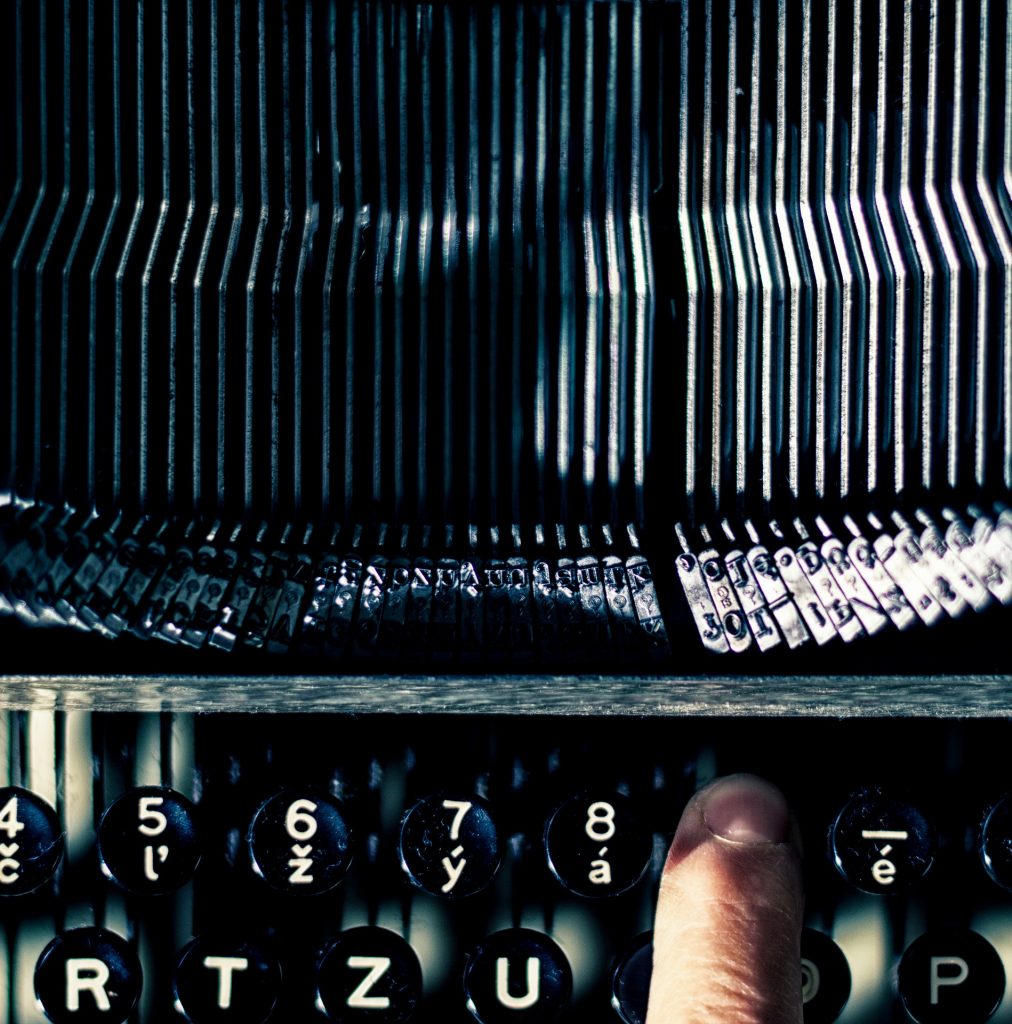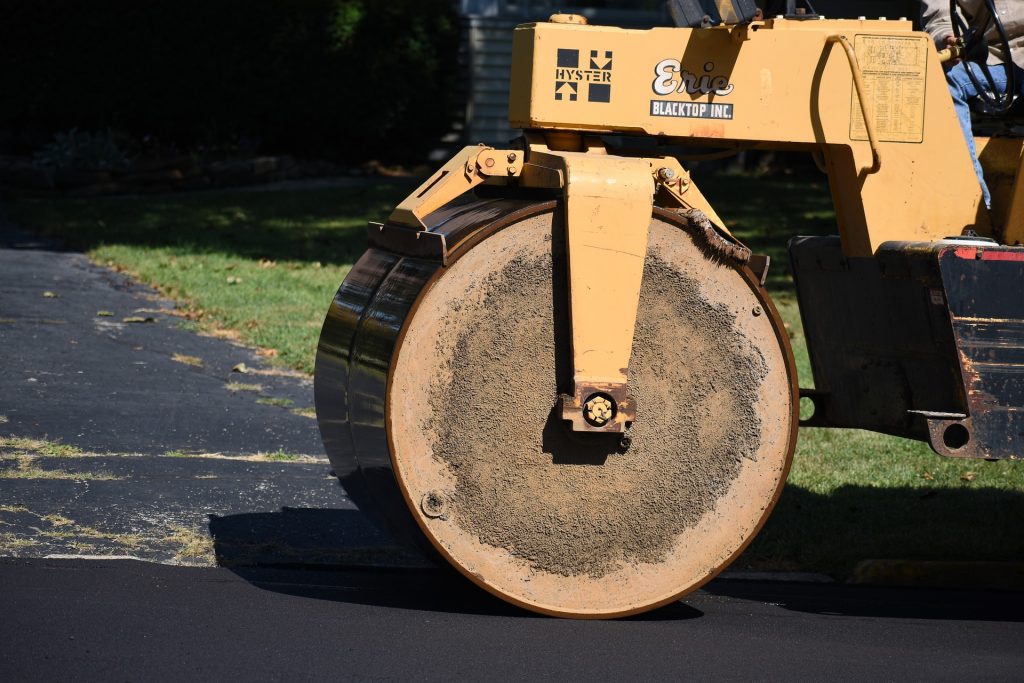
Welcome to The Myths and Realities of Editors and Editing by Miriam Ruff – Part One
As with reading, writing, and just about any other field, there are quite a number of myths that surround manuscript and book editors and what exactly it is that they do. Here we’re going to tackle some of the most common myths regarding the editing profession and expose the realities every writer and would-be editor need to know.

All editors are different
Myth 1: All editors do the same thing.
One of the most common misconceptions about editors is that they all perform the same function. In reality, there are quite a number of different kinds of editors, all specializing in different areas. The three most common types are:
Developmental editors. These editors focus on the big picture of the manuscript. If they’re looking at a novel, they’ll look to see that the story as a whole makes sense. They’ll point out plot holes; discontinuities in action; characters who are under- or over-written or who behave in contradictory or out-of-character fashion in different parts of the book. They’ll also note if the writing is too bland to connect with audiences or is filled with purple prose, as well as if you need to add or delete material. A developmental editor is the first type of editor you’ll use when you’re ready to get your manuscript moving toward publication. As a writer, you may go through several rounds of this type of editing until your story is ship-shape and almost ready to be seen by the general public.
Copy editors. These editors will take a look at a second or third draft of the manuscript and begin to focus on paragraph and sentence construction. They’ll look for typographical and grammatical mistakes, missing or overused punctuation, adherence to a particular Style Guide (if one is being used), as well as inconsistencies in content between lines or sentences (e.g. if the character is wearing a black hat at the beginning of the paragraph and takes off a white hat at the end of it). They are not looking at the big picture; they’re focusing on the sentences. They’ll mark up the document and send it back to the writer for corrections.
Line editors. These editors come in at the end of the editing process and focus on the nitty-gritty details, like typos and incorrect punctuation, to make sure the document is error-free. They, along with perhaps a proofreader, are usually the last type of editor to go over the manuscript before publication.
If you’re being published through a big publishing house, you may also come across acquisitions editors, commissioning editors, and editors-in-chief, but mainly you’ll be working with the three types of editors we’ve discussed. If you are self-publishing, you will have to seek out these editors yourself, and you’ll have to earmark a budget for the editorial process. You can find information about freelance editors, as well as rate sheets, on the Editorial Freelancers Association website (www.theefa.org).

Do not fear the editor
Myth 2: Writers should fear editors and the damage they’ll do to your work.
It’s quite common for writers to fear editors; after all, you’re turning over the “baby” you’ve worked months or years to create to a near-complete stranger, and that person is going to send you back a list of grievances about what you’ve done. There’s a pervasive feeling that an editor is out to tear your work to shreds just to savor the experience, but the truth is only a bad editor is guilty of doing that. Good editors love to work with good writers, and they value good work. They will relegate their comments to constructive criticism on how you can make your manuscript 1) stronger or more visceral, and 2) more marketable.
And a good editor will provide you with solid examples of how you can accomplish the improvements she’s suggesting. Yes, that means you’re going to have to make some hard decisions about whether you’re going to hold on to a scene that you love just because you love it or take the editor’s advice and jettison it for the sake of improving the work; you need to keep an open mind, understanding that the editor has been through this process many times before, and her suggestions usually come from good experience. Even if you end up not going with her suggestion, at least consider that her point may be valid. It’s usually overly sensitive authors and writers with a bad grasp of grammar who give editors a bad rap.

Editors won’t steamroll over your dreams
Myth 3: Editors want to put their voice in your work.
This is one of writers’ greatest fears about editors and one of the biggest untruths about the way editing works. The thinking goes along the lines of “Maybe editors are just writers who couldn’t make it on their own and want to get their stuff out there, or maybe they’re sick and tired of reading other people’s work, and they’re jealous of writers getting all the praise. They hate writers, and so they take out their frustrations by destroying the books they’re hired to edit.”
Now, there are certainly editors who start out wanting to write, and there are even some who have successful careers as authors in addition to editing, but the bottom line is they’re not looking to make your work theirs. For one thing, if editors destroyed the manuscripts they were given, they would quickly be out of a job, and that’s not something they want for themselves. And for another, it’s still your name on the cover, so you’re getting the credit either way. The truth is the editor makes the changes she believes are necessary to make your words and your story the best they can be. It’s her job to help you along the path to success, and the more successful you are, the more work she’s likely to get working on other manuscripts.
These are just a few of the myths out there. We’ll be discussing a number of others in Part 2 of this blog, so stay tuned.
What do you think? Do you agree? Disagree? Please add your comments in the section below.
– Miriam Ruff, Content Creator, PoetsIN

Pingback: The Myths and Realities of Editors and Editing – Part 2 – PoetsIN
I LOVE my editor! I get the full meal deal (as he calls it), so he does all of the above. Twice per manuscript. Worth every penny. Not only am I not afraid of my editor, I can’t wait to get his edits and comments back because his input always improves my stories. Great post. Go bust those myths!
Great article. You’re ticking all the boxes, and speaking as an editor, thank you for helping to bust the myths. I’d like to add to point #3. Not only do editors make suggestions to improve an author’s work, but it’s always the author’s choice whether to accept those suggestions.
Speaking as a sometimes editor, writer and teacher–I would have to say that the ‘biggest’ myth concerning editing–is that editors can fix anything. […”anything” should be italicized for emphasis. Single quotes should be doubled–because there really aren’t single quotes. One should avoid the use of hyphens at all cost; a hyphen is only used when one’s grasp of proper punctuation fails.] Some writers produce such rubbish that not even a whole passel of editors can fix it; and even if they could, they probably shouldn’t. [Avoid qualifiers like “probably,” use more forceful writing. Just say “…even if they could, they shouldn’t.” Use exotic punctuation sparingly; semi-colons should only separate complete, related thoughts. Semi-colons should not just take the place of a comma before “and” or “but” just because you are too lazy or infirm to construct two complete sentences.] In truth, no one wants to be an editor. We only turn to editing in times of complete desperation and abject poverty. All of us who from time to time turn to editing do so, despite having far better things to do with our time. [“Time -to-time” should probably be hyphenated.]
Thank you for the forum–and thank you for the blog post. It was most diverting!